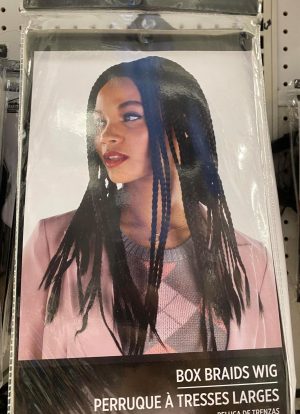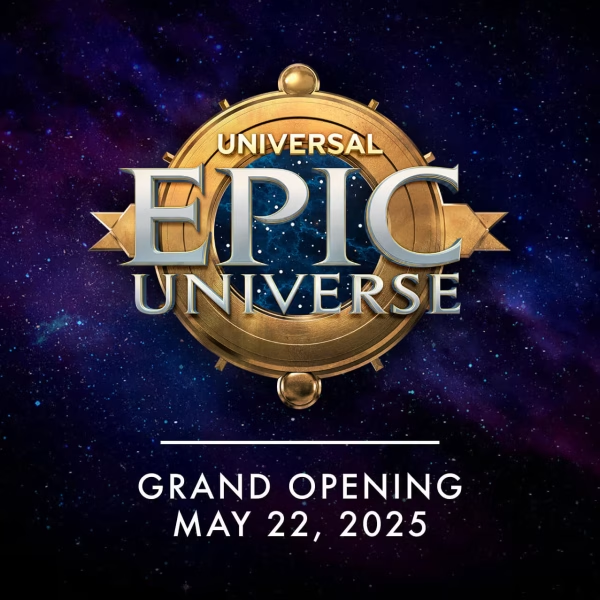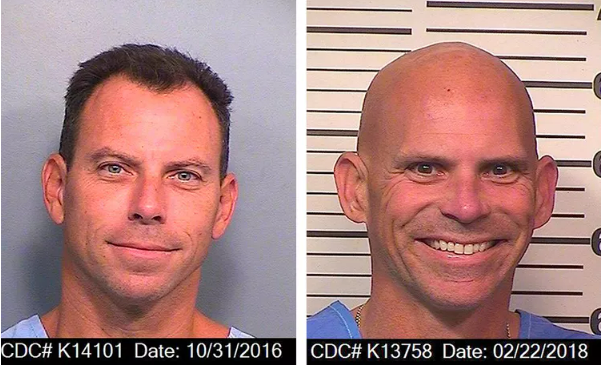Cultural appropriation in Halloween costumes problematic
It’s important to know the significant difference between appreciation and appropriation. This includes Halloween, a holiday where some revelers dress up in costumes that are offensive to some cultures without even realizing it. It’s important to know that appropriation is taking parts of a culture or race and fetishizing, abusing, or using them for a person’s own self but without suffering the same effects the minorities deal with.
Costumes such as Day of the Dead Mexicans, Native Americans, “ghetto”, or any other costumes that negatively affect any other minority are identifiable as appropriation. This is different to appreciation wherein people use parts of a culture while expressing knowledge and respect for the minority group.
Appropriation takes negative concepts or stereotypes from specific minority groups to turn them into “fun” costumes by mocking those cultures. These types of costumes greatly affect the minorities they portray in a negative light. They feed stereotypes and cause unnecessary prejudice towards others.
“I find it really disrespectful that you are taking a culture and making it a costume,” Olympic Heights junior Lillian Howard comments. As a minority herself, Howard has seen these kinds of situations first hand. “It is not a costume, it’s a culture,” Howard adds.
It may not seem offensive to others but when Hispanics, especially Mexicans, are depicted as alcoholic, loud, and violent, it portrays the entire culture in a negative light. Making sacred cultural holidays such as Cinco de Mayo or Día de los Muertos (Day of the Dead) into costumes plays on the stereotypes of Hispanics, taking away meaning and importance from those special holidays.
Costumes that play on the stereotypes of Native Americans, such as the popular “Pocahontas costume” and other “Indian” costumes are offensive to many indigenous people. Props such as the “Indian Headdress” take away honor and respect from the Native American cultural and religious aspects of Native American people. Many of the “Indian” costumes can portray Native Americans as wild or uncultured people while also downplaying the struggles they have faced in this country through the years.
OH sophomore Alexa Haring, whose father is Native American and grew up close to a Native American reservation, comments, “I find costumes based off those we wear to powwows, and costumes that replicate Motoaka headdresses and fringe coats very disrespectful and wrong.”

Party City is known for having its colorful wall of costumes and accessories. It has an entire wall, usually located in the back of each store, where items such as masks, wigs, face paint, and tutus can be purchased in each color of the rainbow, and the rainbow itself. One of the most common wigs sold at Party City is a colorful afro.
However, this year they have been seen selling box braid wigs. While the actor seen portraying this “costume” is a black model, that does not stop white or other nonblack customers from purchasing these wigs and appropriating the culture and significant meaning behind the hair.
While to some people dressing up in these “costumes” may not seem so problematic, Howard says, “You’re taking it and mocking the culture.” She even admits to finding costumes that appropriate other minorities, not just herself, to be offensive as well.
OH junior Alexsandra Trevino, who is of Hispanic heritage, believes there is a way to properly express appreciation for these cultures without harmfully appropriating them. “Ponchos in Mexican culture are not costumes, they’re meant for warmth and possibly fashion. Dress like skeletons, not our ancestors,” Trevino comments.











